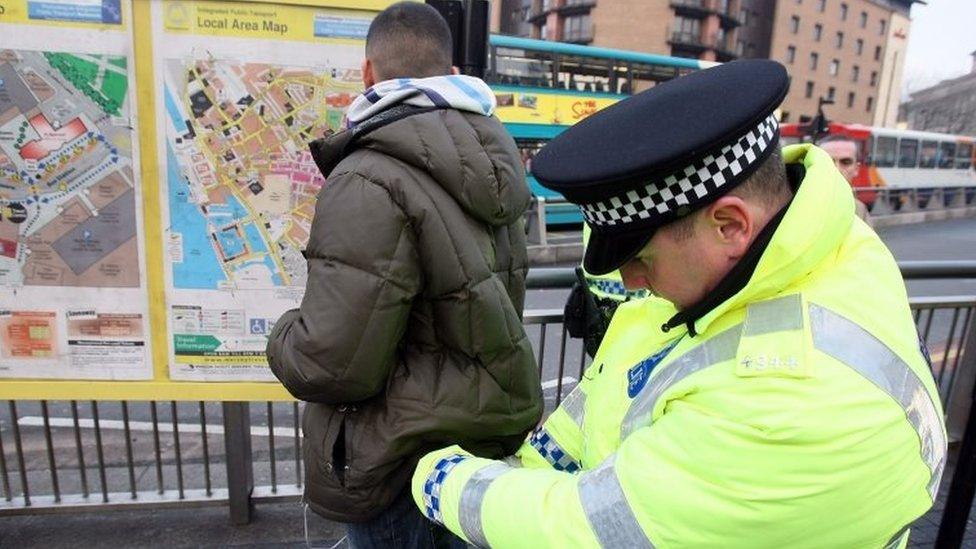Knife crime: Police 'should use stop and search more'
- Published
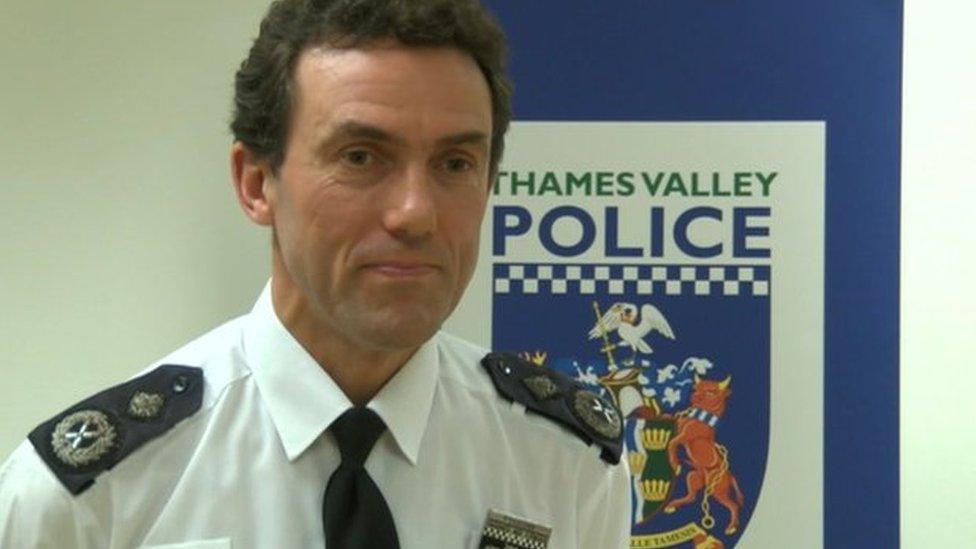
Chief Constable Francis Habgood is retiring from his role at the end of March
Police officers have been "discouraged" from using stop and search and should use the powers more to tackle knife crime, a chief constable has said.
Chief Constable Francis Habgood said stop and search had "considerably" dropped in his force over recent years.
He told the BBC "without doubt" there was a "sense" from constables "they had been discouraged from doing it".
Mr Habgood added it was "common sense" that cuts in officer numbers were linked to knife crime.
The Thames Valley Police boss said "if you have got less people enforcing the law, providing that visible presence, able to respond when things happen and investigate things, then of course it is going to have an impact on our ability to deal with issues like knife crime".
Mr Habgood added that officers' "confidence" to use stop and search had been influenced "partly from what they heard from politicians" and in "some of the training that was delivered".
'Uncomfortably stretched'
Earlier this week Prime Minister Theresa May said there was "no direct correlation" between falling officer numbers and a rise in violent crime.
Home Secretary Sajid Javid called for knife crime to be treated "like a disease" after a recent spate of stabbing deaths.
Mr Habgood said the "most worrying issue" was the increase in knives being carried by young people.
But he admitted his force was "stretched to a level which is uncomfortable".
"If you asked all of my officers, staff and volunteers they would feel the pressure of trying to deliver too many things without enough resources," he added.
Mr Habgood said since 2010 the force had been required to make cuts of more than £100m and had lost 1,000 officers and staff.
The chief will be replaced by his deputy John Campbell when he retires at the end of March.
- Published8 March 2019
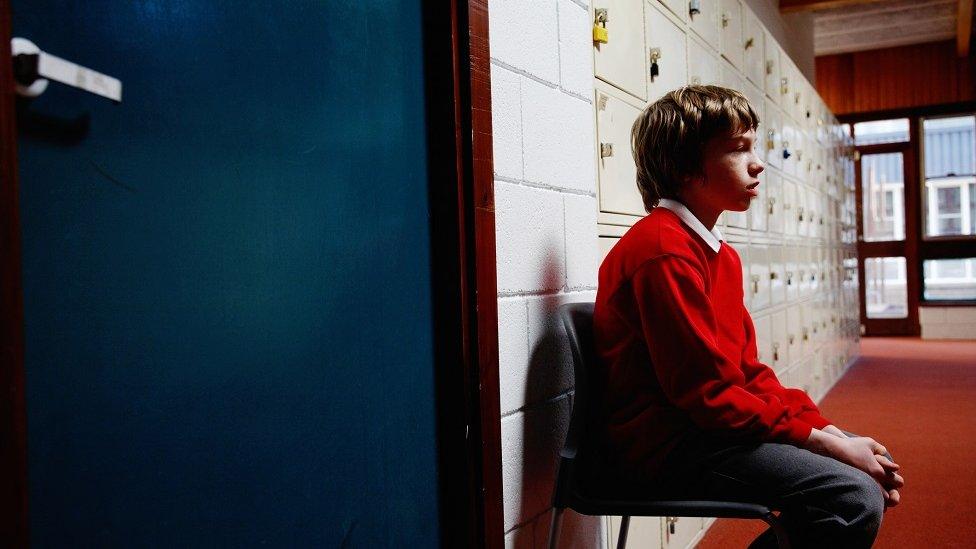
- Published5 March 2019
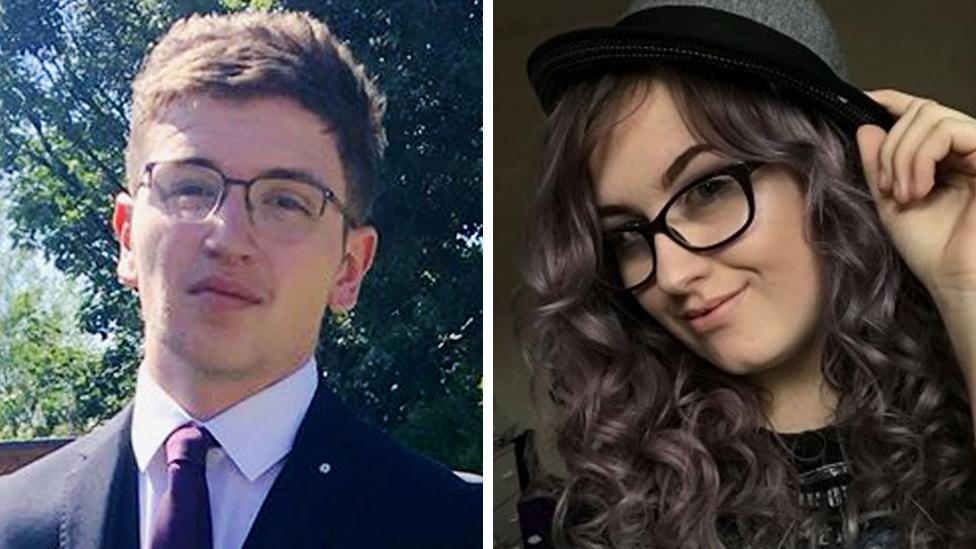
- Published4 March 2019
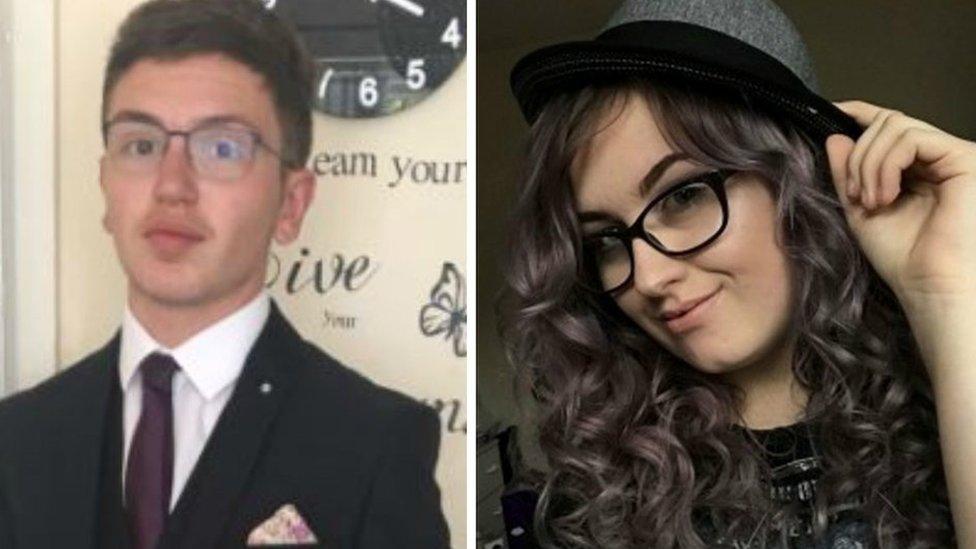
- Published26 July 2019
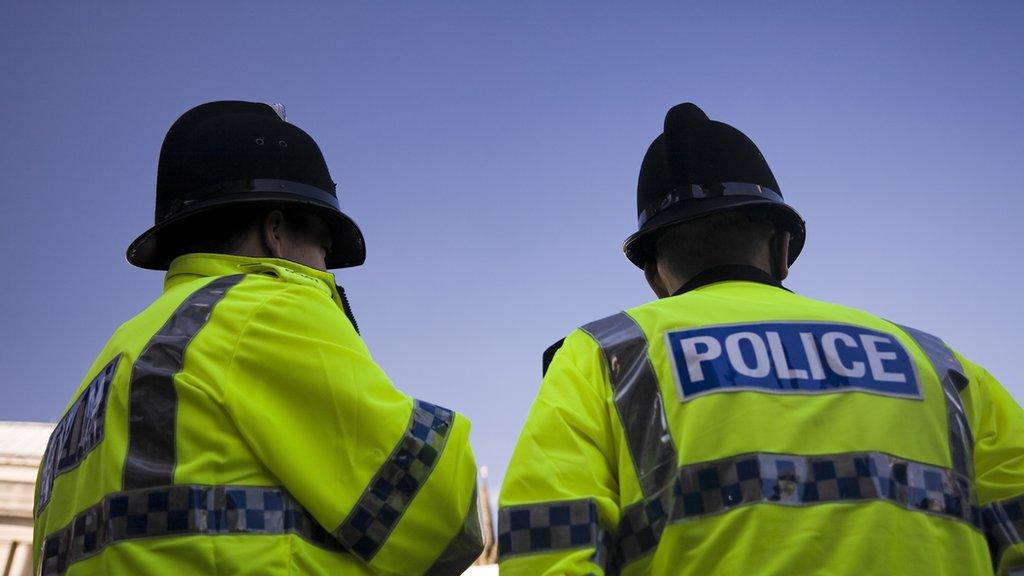
- Published29 January 2019
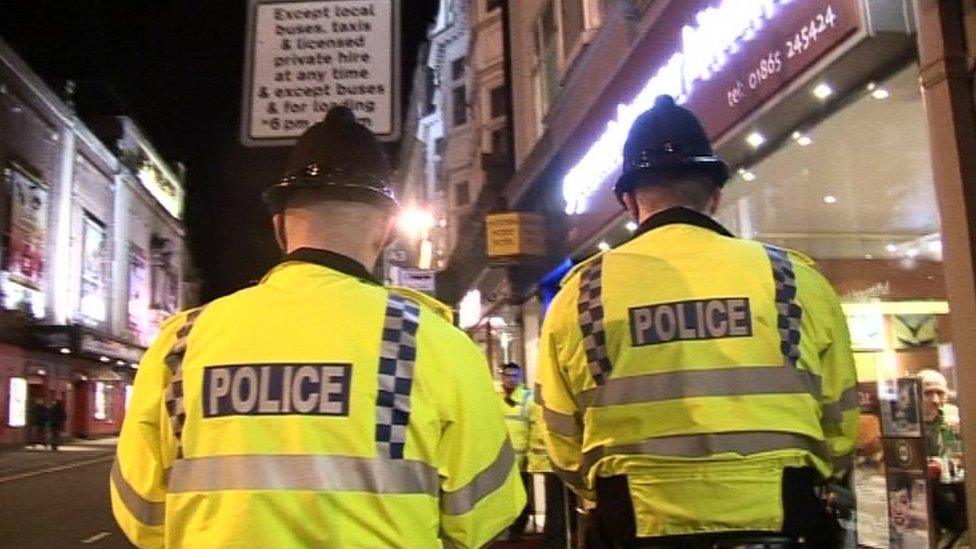
- Published8 November 2018
